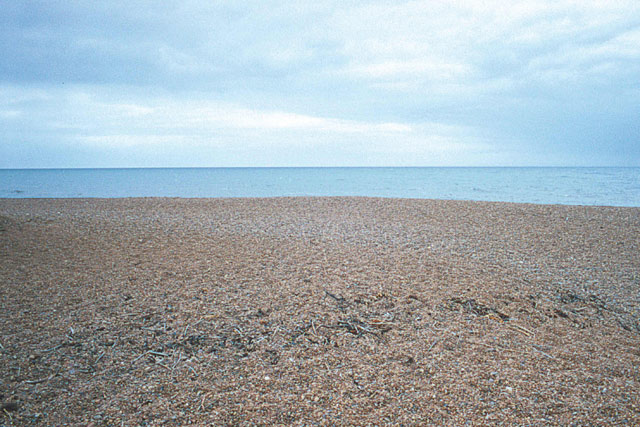We set Property Manager Pip the task of writing about her territory-of-the-time - Dorset, a county once dominated by large reptiles, amphibians and dinosaurs: a world class venue for palaeontology.
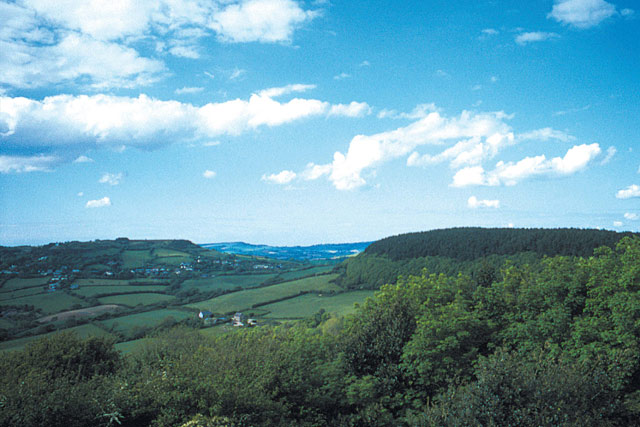
The things I love most about Dorset are the gentle rolling hills and sleepy villages, where charming cottages sit under cosy thatch. Cerne Abbas springs to mind, the lovely houses nestled along quaint streets, overlooked by the famous Cerne Giant carved into the hill and once worshipped as a god of fertility (rumour has it that if a couple wish to conceive they should make love on the hill at the time of a full moon – that’s something I didn’t test for this article!). Another beautiful village is Abbotsbury, home for over 600 years to the Swannery, a friendly colony of Mute Swans, and a beautiful sub-tropical garden open to the public.
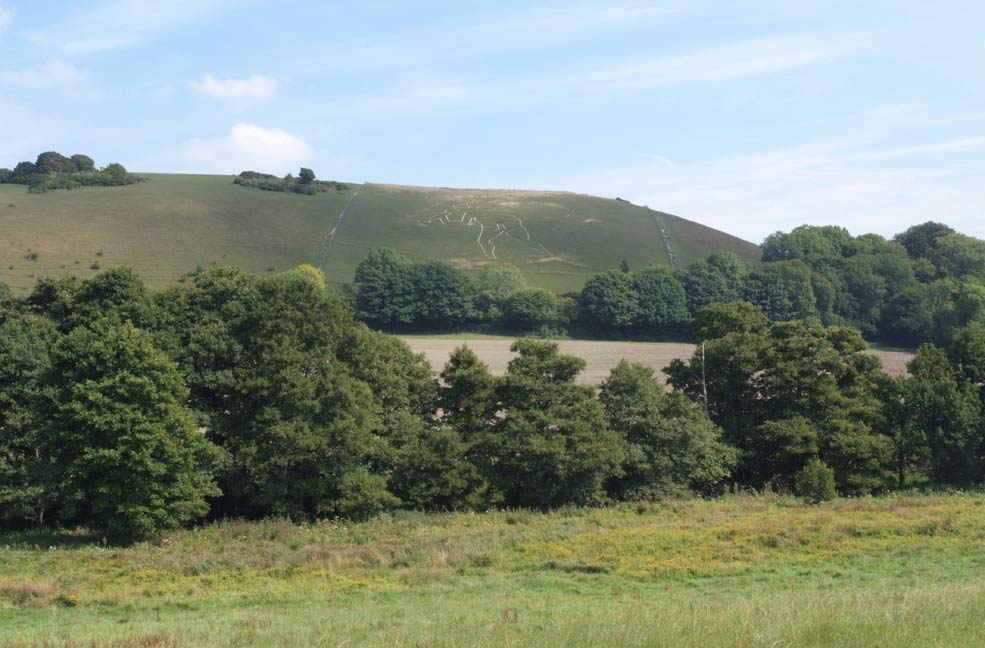
Slightly schizophrenic is the seaside town of Weymouth, being in two halves; the ‘new’ town sits to the east of the River Wey, begun in the 18th Century when the future George III descended upon the town to take in the benefits of sea bathing. Elegant buildings line the seafront, providing a colourful backdrop to the golden sands which come complete with deck chairs and donkeys in the summer or kite-fliers and dog-walkers in the winter. The old town around the harbour is bordered by higgledy-piggledy cottages, fish restaurants and chandlers. A hive of activity, the port is home to lobster boats, fishing trawlers and yachts. Every hour during the summer the town bridge lifts to allow craft of all sizes to pass into and out of the inner marina.
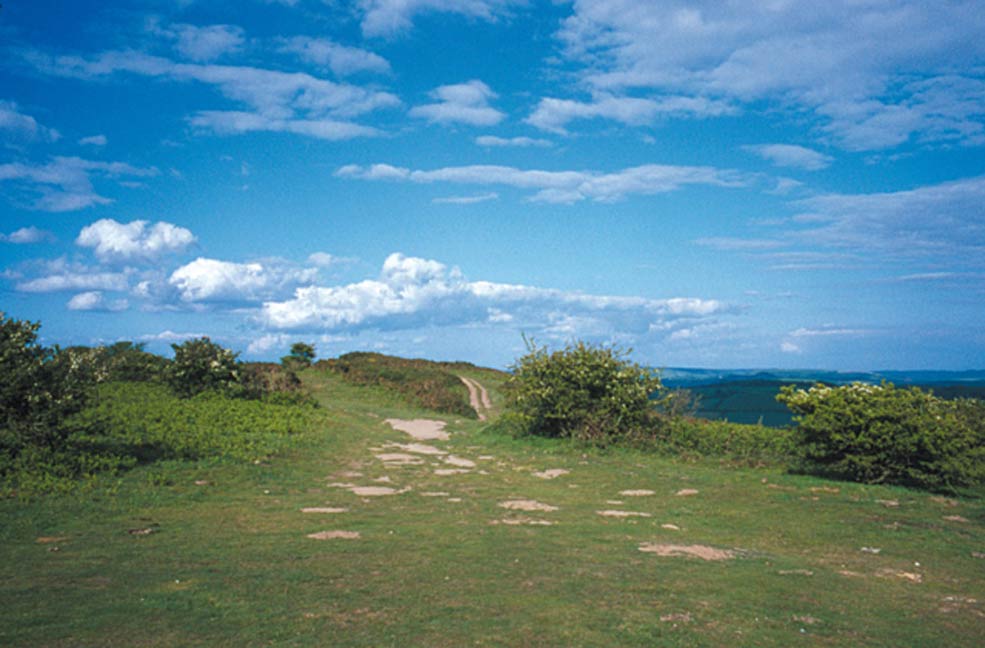
Further up the coast is Studland Bay, famous not just for its naturist beach but also for its nature reserve, home to rare birds and other native wildlife. The heart of this region is the market town of Corfe and the imposing ruins of Corfe Castle, towering dramatically over the village, with its views of the Purbeck countryside. A leisurely steam train trip on the famed Swanage Steam Railway is a perfect opportunity to step back in time.
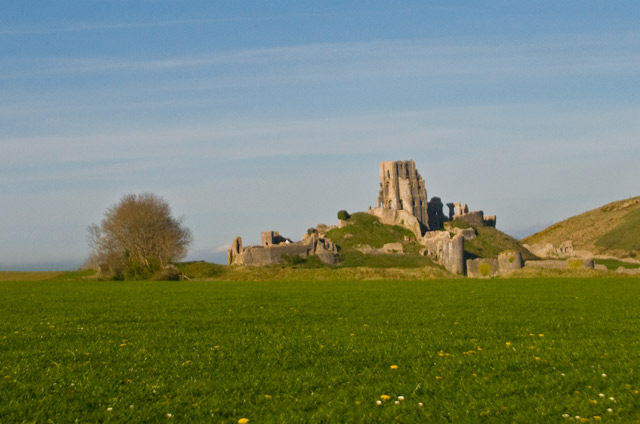
For gentle rambling, the Jurassic Coast World Heritage Site runs along the entire Dorset coast, promising unrivalled walks and perhaps a fossil or two to take home. Lyme Regis, famous for the discovery of the first dinosaur skeleton in the early 19th Century, continues to attract both amateur and professional fossil-hunters. The Cobb, a man-made pier dating from Edward II’s reign, was immortalised by local author John Fowles in his novel The French Lieutenant’s Woman. The image of Meryl Streep, the sad heroine, standing here amidst storm-tossed waves must be one of the most romantic fictional film moments of all time.
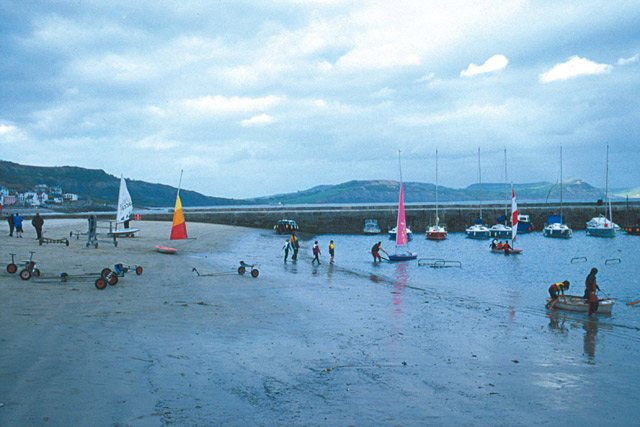
Literary connections cannot be discussed without paying homage to author Thomas Hardy, a true son of Dorset. His evocative books are as popular now as ever; it is intriguing to visit the places where his stories are set. The County Town of Dorchester (Hardy’s Casterbridge) holds a famous outdoor market, a haven for bric-á-brac and local produce, every Wednesday. After perusing the stalls, why not revive yourself with lunch and a pint of Royal Oak? 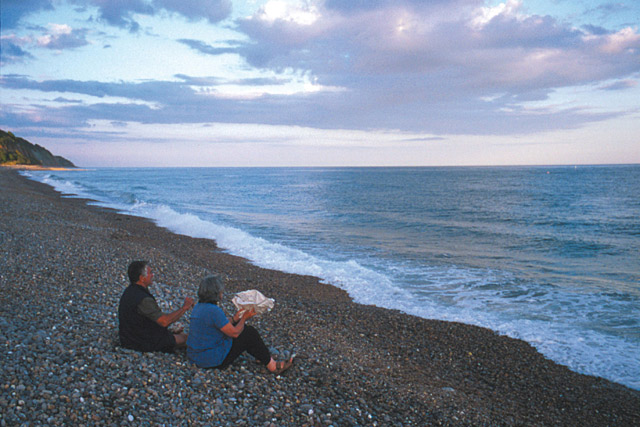
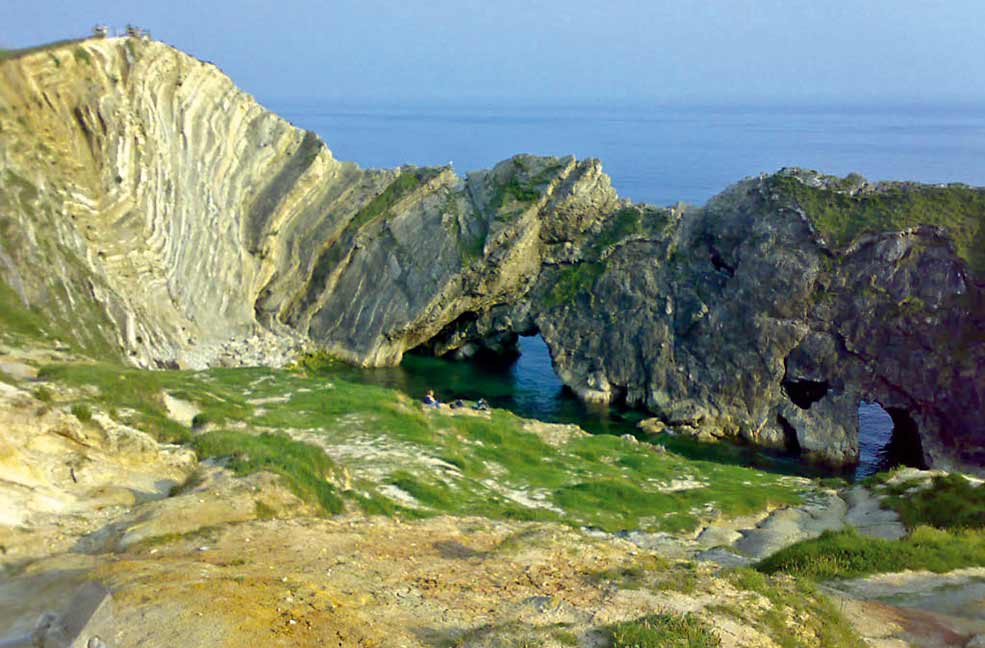 The stunning scenery at Lulworth Cove and the heart stopping splendour of Durdle Door will offer a challenge for walkers, but you will have a sense of satisfaction as you look over the sheer cliffs to the sea below.
The stunning scenery at Lulworth Cove and the heart stopping splendour of Durdle Door will offer a challenge for walkers, but you will have a sense of satisfaction as you look over the sheer cliffs to the sea below.
For simply spending an hour or two picnicking or soaking up the historical atmosphere, I suggest a trip to Sturminster Newton with its mill set on the edge of the River Stour, the Bull Tavern with its good food or to Plumber Manor where you can indulge in gastronomic delights. Open countryside, lovely beaches and good food – Dorset offers it all and I can do no greater justice to this beautiful county than urge you to visit soon. Yes, my heart did sink at the thought of writing this article, but I have had great pleasure in describing to you a fabulous county far from the madding crowd!
